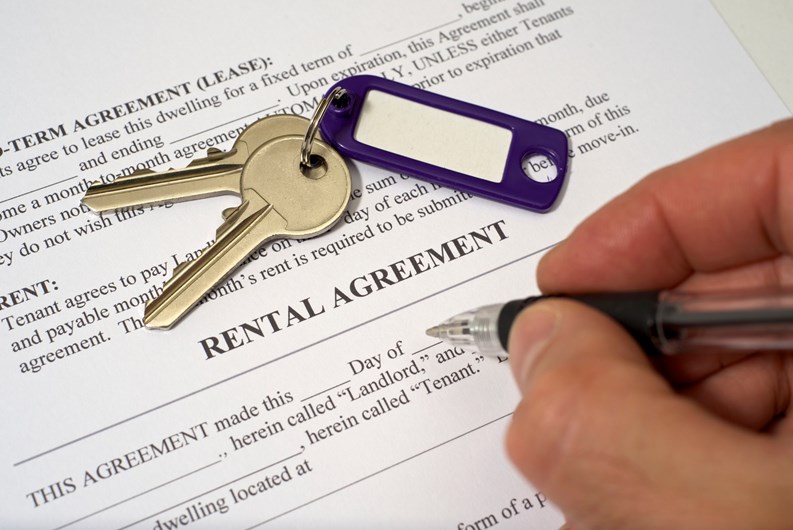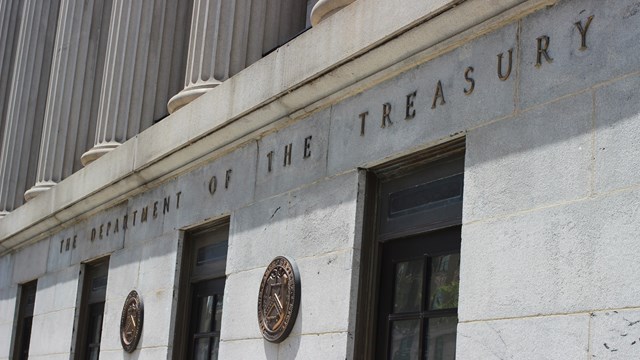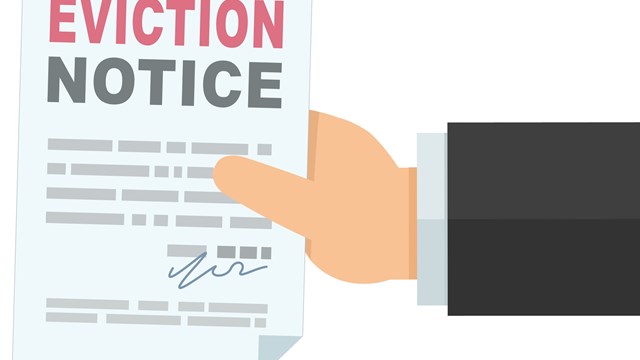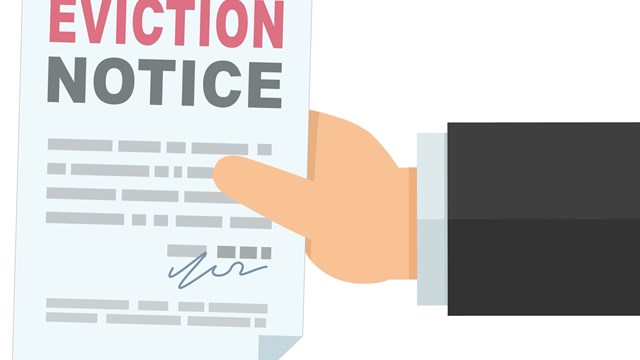When the State of New York passed the Housing Stability and Tenant Protection Act (HSTPA) in June 2019, legislators may not have envisioned that the law would have repercussions for co-op and condo owners - but in fact it did just that. That’s because from a legal point of view, co-ops are very much like rentals. Shareholders don’t own their units outright; they own shares in a corporation that owns the building, and are entitled to occupy their units under the co-op’s proprietary lease. That LEASE is considered subject to the laws regulating residential leases. By contrast, condominium units - which, unlike co-ops are individually owned real property - are often held as an investment and rented out. So tenants renting condominium units from their owners are subject to the law as well, as are the condo owner landlords.
Becoming a Landlord
Certain aspects of the HSTPA do affect condo and co-op owners when they rent out or sublet their units. According to Hal Coopersmith, a New York City-based attorney and proprietor or RezCueMe.com, a provider of compliance guidance and advice to small landlords, specific clauses dealing with lease renewals and/or terminations, walk-throughs and security deposits are likely to be flashpoints for condo and co-op owners renting-out or sub-letting their units. He explains that “All landlords - even if they’re just a single unit owner - must issue a notice of non-renewal or rent increase if the rent will be increased by more than 5%, either 30, 60, or 90 days prior to the expiration of the lease, depending on the length of the lease. Reminders must be sent by email and text message 45, 30 or 15 days prior to the deadline - again, depending on the length of the lease.”
“The second requirement imposed by the law pertains to walk-throughs,” Coopersmith continues. “Walk-throughs must be performed within a one-week window that begins two weeks before the lease expiration date.” It’s important to know that the walk-through is critical for the landlord to assess any damage the tenant may have done to the premises and to deduct appropriate compensation for repairs from the security deposit.”
And, says Coopersmith, the third requirement for landlords has to do with security deposits, “Which must be returned within two weeks of the expiration of the lease.” A landlord who does not abide by these requirements will be subject to fines and other restrictions.
While all this may seem reasonable enough, the problem for individual unit owner-landlords is that they may not be physically present to conduct a walk-through as mandated, and may not be familiar with the other requirements of the law. This is why single unit owners may find it helpful - even necessary - to retain a legal pro to make sure they’re fulfilling their legal responsibilities vis-a-vis the HSTPA. “It can take a good deal of worry out of the lease or sub-lease transaction,” says Coopersmith. “It can provide peace of mind.”
Co-op Complications
In a condo setting, the application of these legal requirements is typically relatively straightforward - but as is often the case, the ownership structure of a co-op can complicate matters a bit. For example, as the arbiter of just about everything in a co-op building, what involvement does the board have if a shareholder’s request to sublet their unit is approved, and the shareholder subsequently retains someone to manage that rental relationship and oversee compliance with regulations under the HSTPA? The answer is both ‘none’ and ‘some.’
Once the shareholder has obtained an approval to sublet, the board has no governance over the relationship between the shareholder and his or her tenant, except in cases where that tenant breaks or disregards co-op rules and policies. If the shareholder retains outside help in order to stay compliant with the rules around lease renewals/non-renewals, walk-throughs, and security deposits under the HSTPA, that agent is free to conduct necessary business, within the co-op’s rules and regulations. The obvious exception is that if the shareholder wishes to keep their tenant in place, they (or their agent on their behalf) will have to obtain board approval for the renewal of the sublet - again, in accordance with co-op policies.
Owning an apartment is a great investment, and a good experience for personal growth and financial stability. Being a landlord may not! If you need to sublet or lease your unit, know your rights and responsibilities. And if you need help, make sure the pro you hire is qualified and competent, and committed to keeping abreast of the often-complicated thicket of rules and regulations that govern the landlord-tenant-board relationship.










2 Comments
Leave a Comment